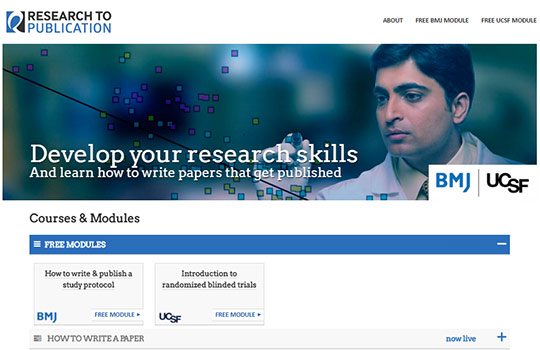We must support those who work at night […]
Michael Farquhar: We must recognise the health effects associated with shift working


We must support those who work at night […]

Polls continually show a majority of Americans support reasonable gun policies, and yet the US has not been able to address its firearms problem […]
Since its invention in 1851, the direct ophthalmoscope has offered unprecedented diagnostic capabilities. Through it, the mysteries of the inner eye were unravelled and the links between eye manifestations and systemic diseases have been revealed. As a diagnostic tool it has been almost as important as the stethoscope: from the first time retinal detachment was […]

The award-winning cinema documentary Unrest explores the stories of people living with ME/Chronic Fatigue Syndrome. Ahead of its UK theatrical release on 20 October, Julian Sheather, Specialist Adviser, Ethics and Human Rights at the BMA, says the film raises important issues for the medical community. What do we mean by illness? What is a disease? […]

Healthcare staff are being urged to get flu jabs, but are current management options adequate? […]

A recent report by Macmillan suggests that clinicians are failing to provide adequate information to patients who have recently been diagnosed with cancer. The Cancer Experience Survey is startling as it reveals that 1 in 4 cancer patients do not understand the explanation of what is wrong with them. In addition, about half are not […]

“The NHS is not fit for the 21st century,” was the headline in the Daily Telegraph this weekend, reporting on an interview with Professor Ted Baker, the new chief inspector of hospitals. It seems like only yesterday that another Professor—Stephen Hawking—felt compelled to raise concerns in the press about the current state of the NHS. […]

People do health research for many different reasons. Most, we hope, try to answer questions that are important to patient care or policy, with a chance of informing service development or improving health. This is particularly urgent in lower income countries, where there is still not nearly enough locally derived evidence to drive and support […]

As health gets more political, the work of the WHO becomes more important […]
Tea breaks are an opportunity to enjoy a piece of cake and catch up with colleagues. We decided to make the most of ours and take turns to share and discuss a thought-provoking concept of the week “t-pot” for short. Each session has offered a new perspective on what it means to be a doctor. […]